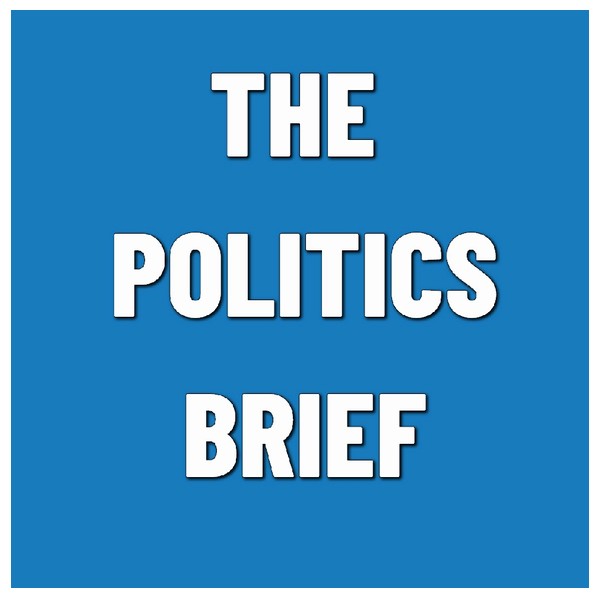The Biden administration has approved $5.7 million in grant funding to George Washington University to create a program that will provide psychological care to journalists who believe they are the targets of “misinformation-driven harassment campaigns.”
The program, called Expert Voices Together, is described in the government grant database as “a socio-technical system that provides real-time support to experts experiencing online harassment.” The project’s goal is to provide journalists, and eventually other “experts,” with means of “monitoring and reporting” alleged abuse, as well as “personalized assistance with digital safety” and access to “mental health care specialists” as a form of “trauma-informed care.”
The National Science Foundation (NSF) first allocated $749,222 in funding to George Washington University in 2021, and approved the project for continuation in 2022, approving an additional $5 million in taxpayer funds. Work associated with the grant is ongoing, with funding projected to end in August 2024.
The NSF characterizes providing journalists with mental health counseling as part of an effort to address the “rapid spread of misinformation” because “harassment undermines confidence in pivotal sources of knowledge and reduces expert participation in the information ecosystem.” The grant is part of a broader NSF initiative to bolster “trust and authenticity in communications systems.”
The project’s 2021 grant abstract mentions “changing the actions of bystanders to abuse and harassment” as a possible way to combat harassment. Similar language is not present in the most recent grant materials.
The Poynter Institute also helped administer a pilot program for the platform. Poynter offered newsrooms “who have already identified their staff’s safety and well-being as a key priority” $5,000 to test the service out.
Some liberal journalists have engaged in high-profile public outbursts over the supposed harassment they face on social media. For example, Taylor Lorenz, a tech reporter at the Washington Post, infamously broke into tears during an interview with MSNBC’s “Meet the Press,” saying that the online bullying she experienced was “horrifying.”
“You feel like any little piece of information that gets out on you will be used by the worst people on the internet to destroy your life and it’s so isolating,” Lorenz said.
Just weeks later, Lorenz doxxed Chaya Raichik, the previously anonymous operator of the viral Libs of TikTok Twitter account, leading to Raichik receiving death threats. Lorenz went on to mock Raichik for tweeting about the threats.
Post written by Robert Schmad. Republished with permission from DCNF. Images via Becker News.







